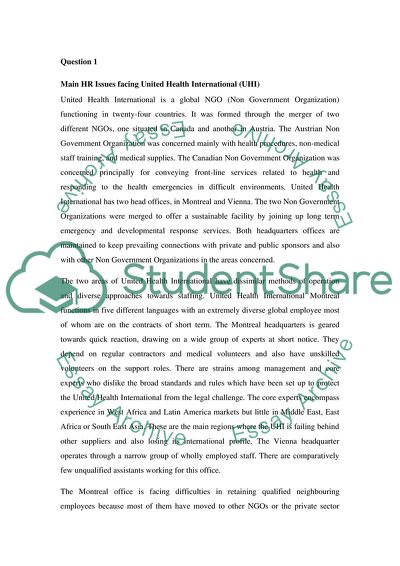Cite this document
(HR Case Study analysis: United Health International Assignment, n.d.)
HR Case Study analysis: United Health International Assignment. https://studentshare.org/human-resources/1855676-hr-case-study-analysis-united-health-international
HR Case Study analysis: United Health International Assignment. https://studentshare.org/human-resources/1855676-hr-case-study-analysis-united-health-international
(HR Case Study Analysis: United Health International Assignment)
HR Case Study Analysis: United Health International Assignment. https://studentshare.org/human-resources/1855676-hr-case-study-analysis-united-health-international.
HR Case Study Analysis: United Health International Assignment. https://studentshare.org/human-resources/1855676-hr-case-study-analysis-united-health-international.
“HR Case Study Analysis: United Health International Assignment”. https://studentshare.org/human-resources/1855676-hr-case-study-analysis-united-health-international.


